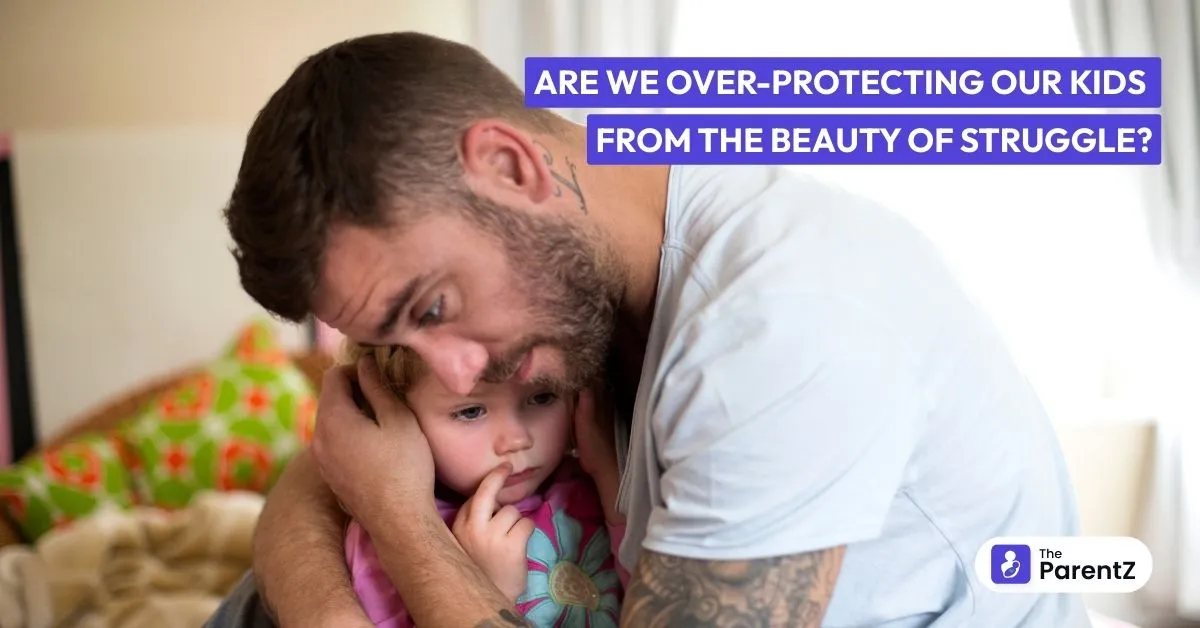There’s a quiet moment every parent knows: watching your child wrestle with something — tying their shoes, figuring out long division, or navigating the tangle of playground politics. And just as they’re about to crack it, your instinct kicks in.
You step in. You fix it. You smooth the path.
But the truth is: in doing so, you might be stealing from them. Not their success, but the beauty of struggle.
Read below this article to explore how over-protecting your kids might result in you stealing away their struggles, but at the cost of their success.
The Parenting Reflex: Save First, Teach Later
Modern parenting has evolved into a strange dance between love and overprotection. Helicopter parenting, snowplow parenting — the labels are endless, but the pattern is the same. You step in too soon.
A survey revealed that 62 percent of parents worry their kids face too many challenges in today’s world — yet, paradoxically, many of these same parents intervene at the first sign of discomfort.
But what if struggle isn’t something to be feared?
The Hidden Gift of Struggle
Struggle is life’s original teacher. It’s the breeding ground for resilience, critical thinking, and grit. Every time a child wrestles with a problem — be it emotional, social, or academic — they stretch their inner muscle for future setbacks.
Psychologists call this desirable difficulty. When kids face challenges at an appropriate level (not crushing, but not too easy either), their brains literally rewire. According to research, kids who overcome manageable challenges are 30 percent more likely to develop adaptive coping skills as adults.
The lesson? Struggle isn’t the enemy. It’s the training ground.
When You Step In Too Early, You Step On Growth
Sure, no parent wants to watch their child cry over a math problem or stand alone on a soccer field after missing a goal. But swooping in to rescue them can send an unintended message— You can’t handle this.
Over time, this robs kids of confidence and resilience, creating what psychologists now call ‘learned helplessness.’ The child stops trying, believing the world will always intervene on their behalf.
Letting Go Without Letting Them Fall
So, how can you really strike the balance?
It starts with one small but powerful shift. In short, be the guide, not the rescuer. So, the next time when your child struggles, sit with them. Let them feel the discomfort. Offer empathy, not solutions. Try saying, ‘I can see this is hard for you. What do you think you can try next?’ Lastly, celebrate the process, not just the outcome.
Because, honestly, childhood isn’t meant to be a straight line of achievements. It’s a winding, messy, beautiful path paved with both wins and faceplants.
Conclusion
The truth is, you aren’t raising children to stay children. You’re raising them to become adults who can handle the world — and the world doesn’t always come with a safety net.
After all, strength is never built in the easy moments. It’s forged in the struggle.





Be the first one to comment on this story.